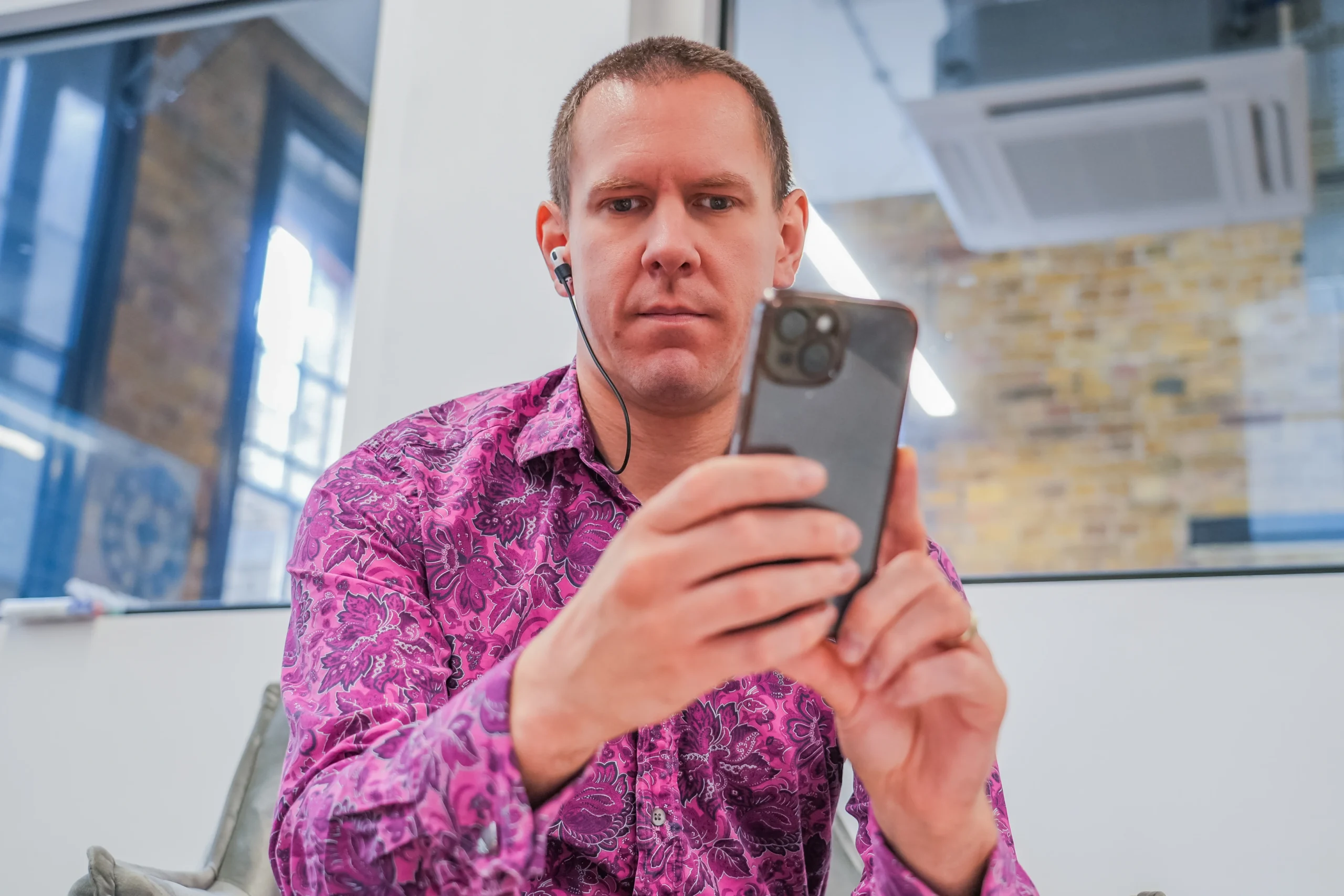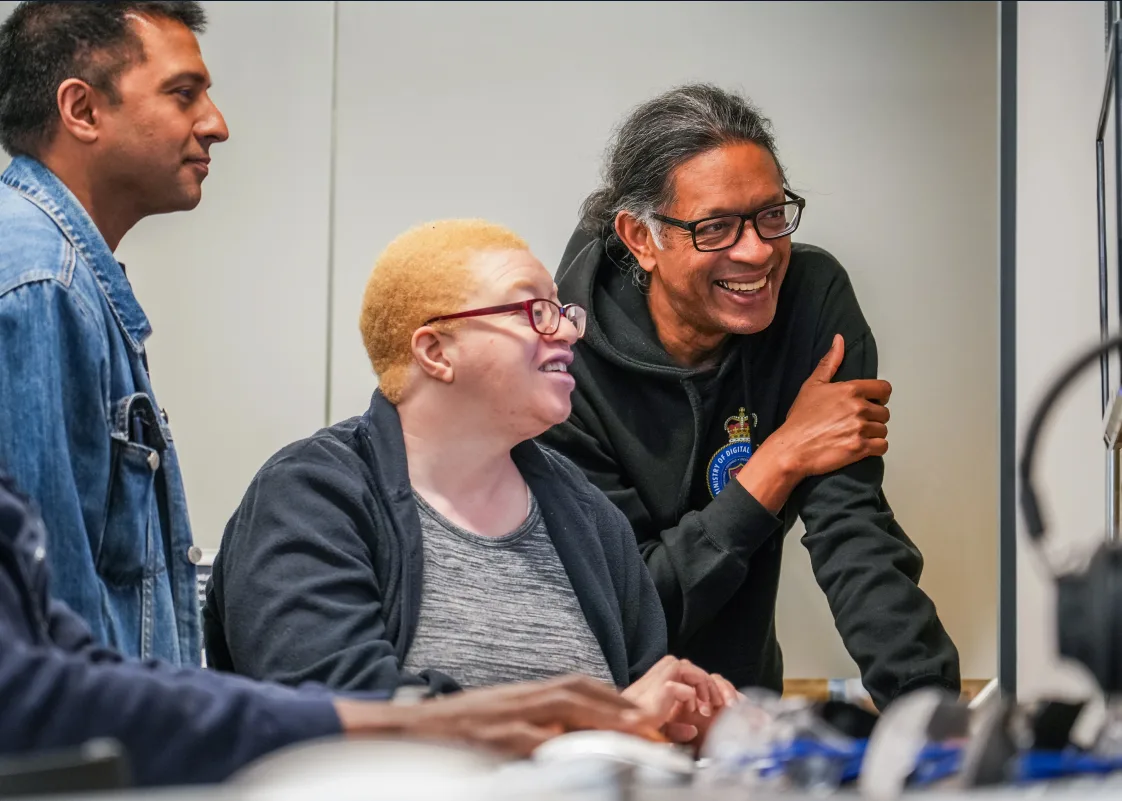Audits & Inclusive User Testing
user experience.
How it works
Inclusive testing for every phase of digital accessibility.

Expert manual audits
We test core user journeys using assistive technologies, going beyond WCAG compliance to ensure your experiences are accessible, enjoyable, and inclusive.

Inclusive user testing
Validate your user flows with
disabled people and their assistive technologies ensuring experiences are both compliant and user friendly.

Remediation consulting
We offer unlimited development support and expert accessibility consulting, helping your teams fix issues fast.

Testing beyond the web
Our team brings deep expertise in testing digital experiences across your entire portfolio, from mobile apps and websites to gaming, embedded software, digital platforms, and hardware.
Why it works
Expert manual audits
We test your websites, apps and design systems and give you clear, actionable fixes your team can implement straight away.
Inclusive user testing
Create exceptional digital experiences that meet the needs and preferences of all your customers.
Remediation consulting
We can work alongside your teams to fix the problems identified in audits, turning remediation challenges into easily actionable solutions.
Testing beyond the web
Reach all your users and future-proof inclusive experiences across all your digital products.
Related solutions
98%
of websites
fail accessibility standards - ensure yours isn’t one
of them.
FAQs
What is a web accessibility audit?
A web accessibility audit is a comprehensive and detailed evaluation of a website to identify barriers that may prevent people with disabilities from using it. Accessibility experts will use manual and automated testing to explore key user journeys, check compliance with standards like WCAG, and use assistive technologies to uncover usability issues.
Addressing these barriers helps organisations to create more inclusive digital experiences, demonstrate compliance, and significantly lower the risk of legal challenges.
What is the purpose of an accessibility audit?
Accessibility audits ensure that your organisation’s digital products adhere to recognised standards and accessibility laws, including The Equality Act 2010 and The European Accessibility Act 2025. Beyond legal compliance, audits help organisations create inclusive experiences for all users, improve brand reputation, and build trust with a wider audience.
Addressing accessibility issues proactively also demonstrates that your organisation is committed to driving social responsibility, giving your business a competitive edge.
Is an accessibility audit a legal requirement?
A website accessibility audit is not a legal requirement, but it is one of the most effective ways to demonstrate your organisation’s compliance with accessibility laws and standards, such as the British Standards 8878 Web Accessibility Code of Practice. Carrying out regular audits helps you identify and understand any barriers in your digital experience so they can be fixed as soon as possible.
What is the difference between an accessibility audit and accessibility testing?
Here at Arc Inclusion, we use both accessibility testing and accessibility audits to assess a website’s compliance. Both methods help organisations identify, understand, and resolve accessibility issues, but what are the differences between the two?
An accessibility audit is an in-depth evaluation of a website, using manual and automated checks to assess compliance and user experience. It provides a comprehensive overview of any issues and clear recommendations for remediation.
However, accessibility testing is usually carried out during the design and development process. It focuses on testing specific user journeys and interactive components and can involve real users with disabilities, otherwise known as inclusive user testing, to ensure any changes are usable before they are rolled out.